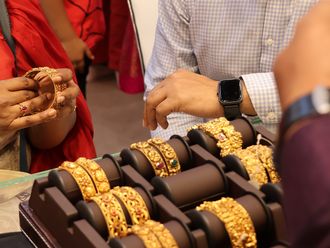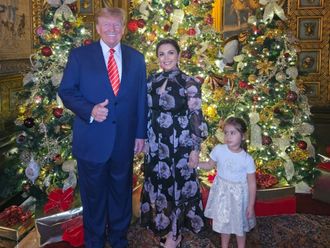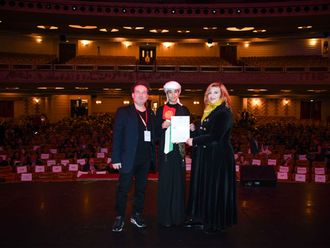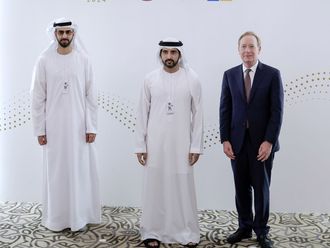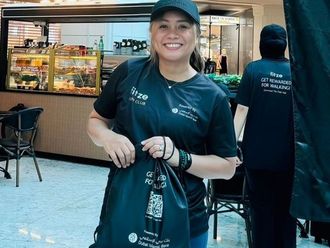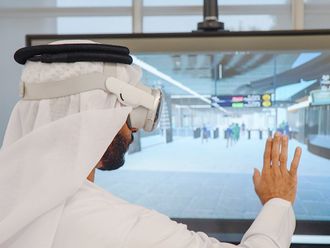A Malaysian negotiator said that Roberto Aventajado, a government negotiator, asked from the Abu Sayyaf leaders a percentage of the P25 million ($454,545) ransom money that was paid for the release of nine Malaysian hostages in 2000.
Yusof Hamdan who served as negotiator for the nine Malaysians abducted by the Abu Sayyaf in Kota Kinabalu, claimed that he has tapes that categorically showed Aventajado negotiating for a cut of the P25 million that the Abu Sayyaf wanted for the release of their Malaysian hostages.
"I have a copy of the voice recording which shows that Aventajado initiated the violation of the government's no-ransom policy by asking money from Malaysia," said Hamdan, adding that a lawmaker and several key officials who served during the time of former president Joseph Estrada have copies of the tape.
Those tapes would help people see how the ransom payments were divided, said Hamdan, adding the tapes were recorded in a micro digital voice recorder.
Meanwhile, Aventajado said the tapes were fake. "Those who heard the tape playing did not even understand a word uttered by the alleged players in the hostage negotiations, he said.
Aventajado threatened to sue those who would release the tapes, adding they were "just created" by Hamdan. Hamdan is a relative of Lepeng Wee, the former economic adviser to Estrada.
Earlier, in a book entitled 140 Days of Terror: In the Clutches of the Abu Sayyaf, Aventajado said that Wee had advanced P1m for the release of Malaysian hostages, but he eventually asked for a P2 million reimbursement.
Hamdan said that Aventajado was not telling the truth in his book. He also hinted that he would soon release a book on the details of the negotiations.
Aventajado was also accused of pocketing an estimated $15 million from the $25 million ransom money that was raised by non government organisations in Malaysia, Libya and Europe for the release of 21 foreign hostages in 2000.
Arrested Abu Sayyaf leader Ghalib Andang could verify the versions of Aventajado and Hamdan, government officials said.
Aventajado wanted share of ransom money, claims Malaysian negotiator
Aventajado wanted share of ransom money, claims Malaysian negotiator


